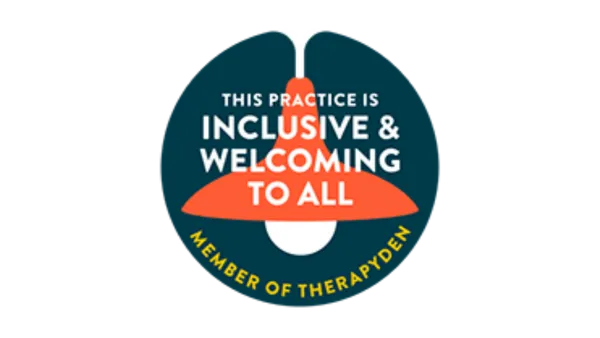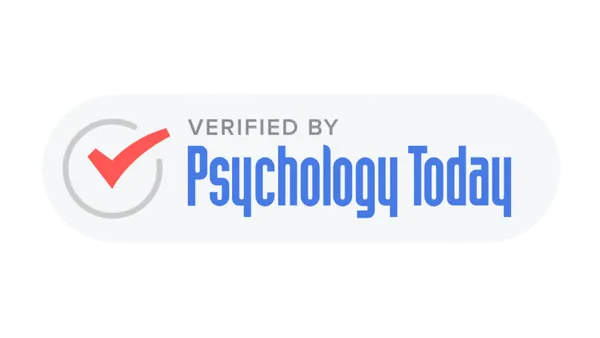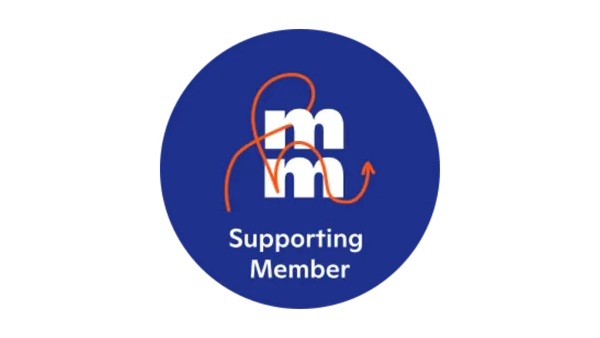
Caring for Yourself Is the First Step to Feeling Whole Again
You Deserve Balance, Energy, and a Life That Feels Yours
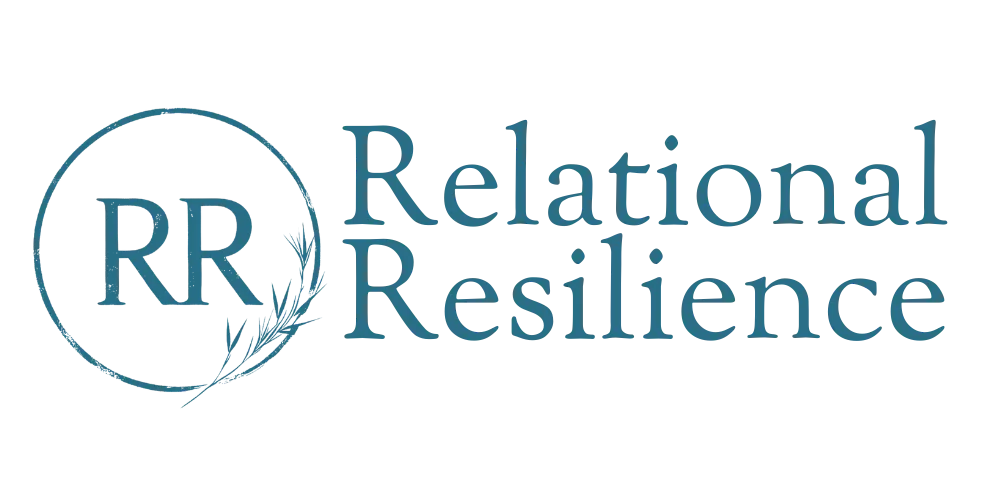
Caring for Yourself Is the First Step to Feeling Whole Again
You Deserve Balance, Energy, and a Life That Feels Yours
You Deserve a Life That Feels Sustainable
You were never meant to push yourself past the brink just to make it through the week. A sustainable life is one where your needs are respected—by others and by yourself. With the right tools and support, you can create a rhythm that lasts.
Healing Takes Time—But It Does Happen
This journey isn’t about quick fixes. It’s about sustainable healing, grounded in support, compassion, and curiosity. Progress may feel slow at times, but it’s real—and it builds. One step at a time, you will feel better. You don’t have to rush. You just have to start.
Healing Starts When You Finally Put Yourself First
You’ve spent so much time making sure everyone else is okay that putting yourself first might feel foreign—or even wrong. Maybe you were taught that selflessness is strength, that your needs can wait, or that being a “good” person means being available 24/7. But the truth is, constantly putting yourself last isn’t sustainable—it’s a fast track to burnout, resentment, and disconnection. Healing begins the moment you decide that your well-being matters, too. Not someday. Now.
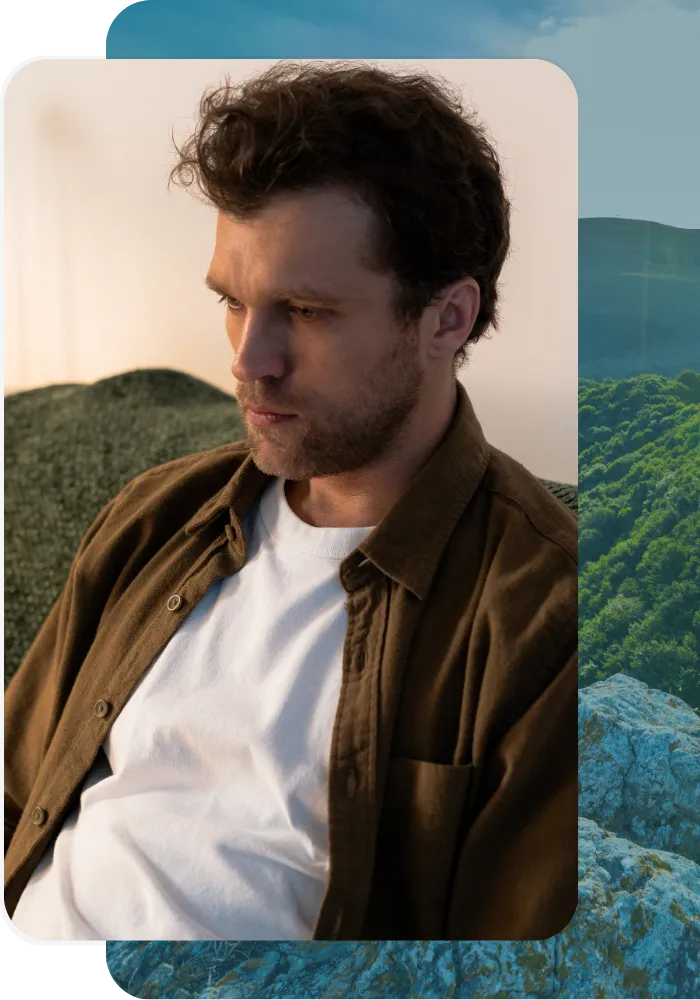
Reclaiming Yourself, One Choice at a Time
Putting yourself first doesn’t mean you care any less about others. It means you’re finally ready to care about you, too. It’s saying yes to rest without guilt. It’s learning to recognize your limits and honor them. It’s showing up for yourself with the same compassion and consistency you offer everyone else. And in that choice—in that powerful shift—you begin to reclaim parts of yourself that got lost along the way.
This is where healing begins. Not with perfection, but with permission. Permission to pause. Permission to feel. Permission to matter. When you start prioritizing your needs, everything else starts to realign—your energy, your relationships, your sense of self. It’s not selfish. It’s the foundation of sustainable care, from the inside out.
Regain Your Energy, Reclaim Your Life
Before Therapy
Saying yes when you mean no.
Snapping at loved ones from stress.
Feeling guilty for taking a break.
After Therapy
Setting boundaries without guilt.
Finding meaning in work again.
Prioritizing self-care without hesitation.
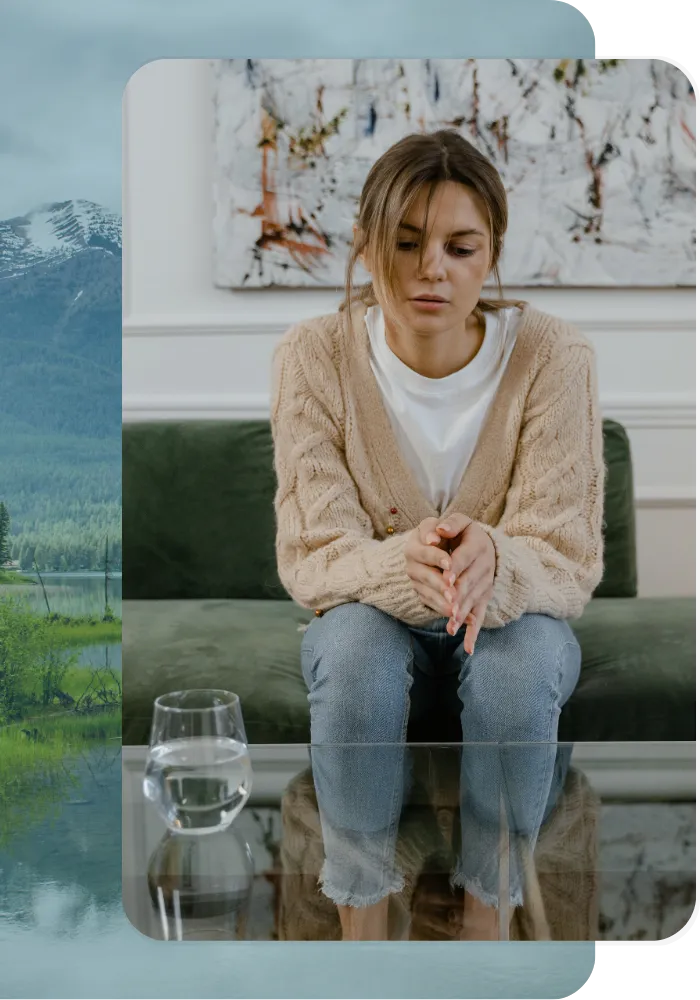
Therapy Isn’t About Fixing You—It’s About Supporting You
You are not broken. You’re not failing. You’re not too much—or not enough. You’re a human being who’s been doing the best you can with what you’ve had, often in circumstances that demanded more than was ever sustainable. If you’re feeling overwhelmed, shut down, or just tired, it doesn’t mean something is wrong with you. It means something needs care. And that’s where therapy comes in—not to fix you, but to walk alongside you with compassion, curiosity, and support.
You Don’t Have to Have It All Figured Out
Therapy is a space where you don’t have to pretend, perform, or push through. You don’t need to show up with a solution—just a willingness to show up. It’s about being met right where you are, with all your messiness, contradictions, and strength. Together, we explore what’s been weighing you down, what you’re carrying that isn’t yours, and what it looks like to move through life with more intention and less pressure.
You don’t need to be “fixed” to feel better. You just need space, support, and someone in your corner who sees your humanity—not as something to improve, but something to honor. Therapy is where that shift begins—where you stop managing your pain in isolation and start healing with care.

About the Therapist:
Compassionate Support From Someone Who Truly Understands Burnout
Hi, I'm Reaghan. I know what it feels like to give everything to others while quietly wondering how much longer you can keep going. Before becoming a therapist, I stood on the frontlines of Colorado’s mental health crisis as a healthcare worker in a hospital. I’ve felt the emotional weight, the physical exhaustion, and the quiet disconnect that comes from living in constant survival mode. What pulled me through was connection—with people who truly understood. Now, I offer that same support to others walking through it.
The Guilt, the Exhaustion, the Distance—You Deserve More
You’ve been carrying so much for so long, and the weight is starting to show—not just in your body, but in your relationships, your mood, and the way you feel about yourself. You’re exhausted, but when you think about resting, the guilt creeps in. You tell yourself you should be doing more, that others have it worse, that taking time for yourself is selfish. So you keep going, even when it hurts. Even when you’re barely holding on. The result? You feel distant—from the people you love, from the work you once felt passionate about, and most painfully, from yourself.

You’re Not Failing—You’re Exhausted
The guilt whispers that asking for help means you’re failing. But the truth is, constantly putting yourself last isn’t noble—it’s unsustainable. That emotional distance you’re feeling? It’s your mind’s way of protecting you from the burnout that’s been building for too long. And you don’t have to keep living like this. You deserve to feel connected again—to your joy, your purpose, your people. You deserve a life that doesn’t drain you dry. The guilt doesn’t have to run the show anymore. There’s another way—one that honors both your deep care for others and your right to be cared for, too.

You Can Care Deeply Without Losing Yourself in the Process
Your ability to care deeply is one of your greatest strengths. It’s what draws people to you, what makes you so good at what you do. You lead with empathy, show up with your whole heart, and pour yourself into the people who need you. But somewhere along the way, that care started to come at a cost. You’ve blurred the line between compassion and overextension. Now, your own needs are buried under the weight of everyone else’s. You’re not just tired—you’re fading. And yet, the idea of stepping back feels uncomfortable, maybe even wrong. You wonder: if I stop giving so much, who will I be?
Compassion, Self-Care, Sustainability
Here’s the truth: you don’t have to lose yourself to care for others. It’s not either/or—it can be both. You can set boundaries and be compassionate. You can rest and still be committed. You can take up space in your own life without letting anyone down. In fact, the more you care for yourself, the more sustainable your care for others becomes. You’re allowed to choose yourself, not because you care any less—but because you finally understand that you matter, too.
Feeling Disconnected, Stuck, and Drained? There’s Another Way
Lately, everything feels a little…off. You go through the motions, but you’re not really present. You smile, nod, do what’s expected—but inside, you feel miles away from yourself. You’re disconnected from the things that used to bring you joy, stuck in routines that feel more like survival than living. You tell yourself to just push through, to keep going, but the drain is real—physically, mentally, emotionally. And maybe the scariest part? You’re not even sure how you got here. You just know you don’t feel like you anymore.

You Deserve a Life That Feels Like Yours
This isn’t how it’s supposed to be. Life doesn’t have to feel like an endless cycle of obligation and burnout. There’s another way—one where you feel grounded, energized, and in touch with what matters. It’s not about overhauling your entire life overnight. It’s about making intentional, nourishing shifts that help you come home to yourself again. You don’t have to stay stuck in disconnection. You don’t have to keep pushing past your limits. You deserve a life that feels aligned, sustainable, and yours. Healing starts when you believe that change is possible—and that you’re worthy of it.
Make space for a life that nourishes you
We understand that seeking support is a personal decision. To help you determine if our approach aligns with your needs, we've outlined who typically benefits from our services, and who might find a different approach more suitable.
Who This Is For:
Struggling to balance work and home
Open to learning a new way to cope
Who This Is Not For:
Believes burnout is just part of life
Expects change without making adjustments
A Grounded, Relational Approach to Healing
I specialize in working with healthcare professionals, first responders, and those who love them. Whether you're overwhelmed by the demands of your work, feeling stuck in cycles of burnout, or trying to find your way back to yourself, I’m here to help you slow down, breathe again, and build a life that feels sustainable. I know the guilt that can come with setting boundaries—and I also know how transformative it can be when you start giving yourself the care you so freely give to others.
My approach is warm, relational, and grounded in both evidence-based methods and real-life experience. Using a systemic lens, I draw from Bowen Family Systems Theory, Internal Family Systems, and other integrative approaches to meet you exactly where you are. This isn’t about fixing you—it’s about walking alongside you as you reclaim your energy, reconnect with yourself, and create meaningful change, one step at a time.
Testimonials
Give yourself the same care you give to others.
Begin your journey towards a life where your needs are honored, and your energy is restored. At Relational Resilience, we believe in empowering you to create a sustainable and fulfilling life, starting with self-care.

© 2024 Relational Resilience LLC |Terms of Service | Seed to Stand | Privacy Policy | Good Faith Estimate | All Rights Reserved
